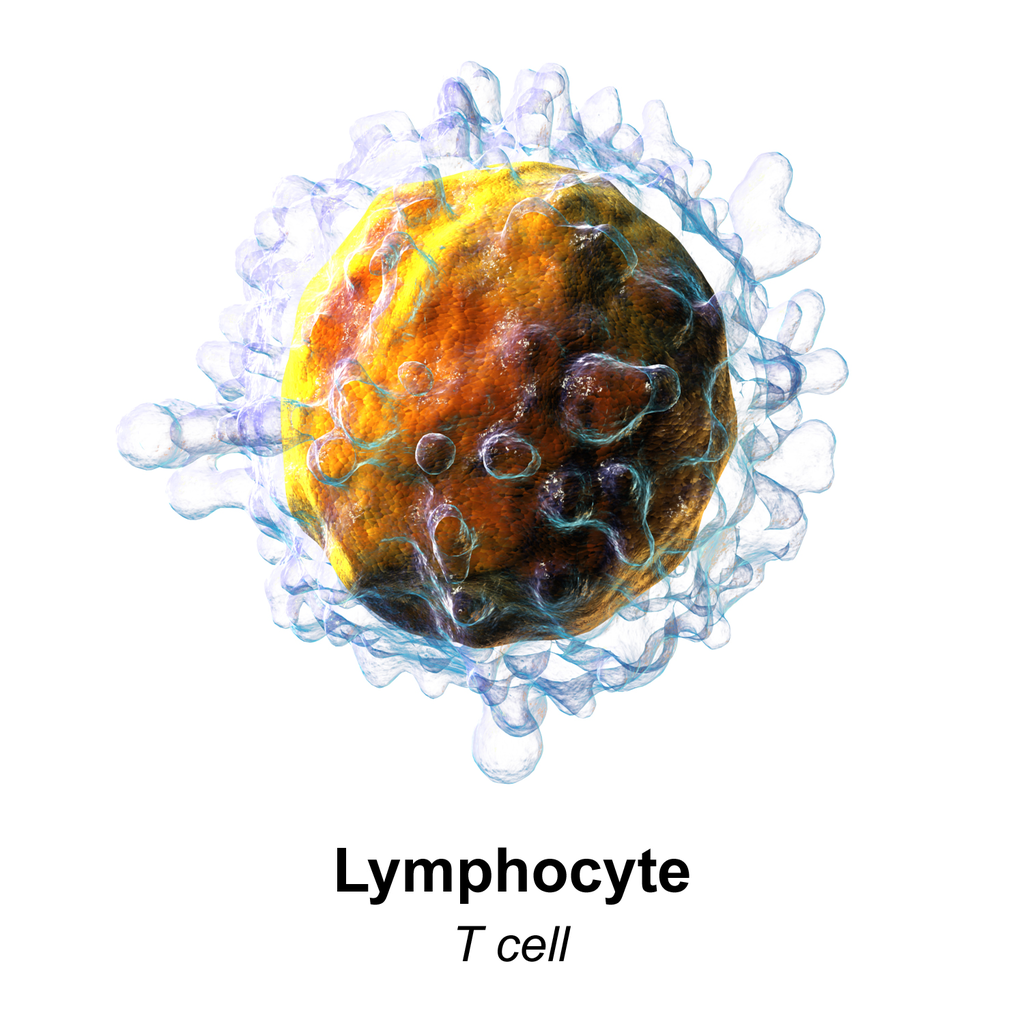Hokkaido: Fibromyalgia syndrome (FMS) is an obstinate disease with an enigmatic
etiology. Since there was no known structural and/or pathological
evidence explaining it, many physicians denied its presence, which in
turn made patients suffer psychological stress in addition to the
physical pain. In a study, the researchers focused on a subset of T cells (a type of white blood cell) called
MAIT cells, and found that analysis of the frequency of MAIT cells and
of the antigen expression profile in MAIT cells allowed to not only
diagnose FMS but also distinguish it from rheumatoid arthritis (RA) and
spondyloarthritis (SpA)–both of which show similar indications.
FMS affects 1.5 – 2.0 % of the population in industrialized countries
around the world. Although FMS is characterized with indications such as
chronic and widespread pain, fatigue, sleeping disturbance, and
physical and psychological impairment, there is no concrete structural
and/or pathological evidence relevant to the disease. In this respect,
many physicians do not accept FMS as a disease, although patients suffer
real physical and psychological dysfunction. The diagnosis of FMS is
classically based on an examination of the pain-sensitive points in the
body, which is rather subjective in nature. Furthermore, FMS often
manifests comorbidity with RA or SpA, both of which exhibit a similar
sign—a great pain. This facet has not only made a sound diagnosis for
FMS difficult, but also confounded FMS with RA and/or SpA. Therefore,
more rapid and precise diagnostic markers for FMS that simultaneously
distinguish it from RA and SpA have long been sought.
This study has opened a novel avenue for the objective diagnosis of FMS, which has up until now been difficult due to the absence of concrete structural and/or pathological parameters, the ignorance of physicians, and the problem in differentiating FMS from RA and/or SpA. Rapid diagnosis of FMS will ameliorate quality of life for the patient.
It is also important to keep in mind that most research on novel drug development, including basic research, particularly in immunology, is performed on mice, for which MAIT cells are quite rare, and not on humans for which they are abundant. Exploiting the function of MAIT cells in health and disease will shed light on the etiology and/or pathology of FMS, which in turn will engender the advent of revolutionary drugs.
